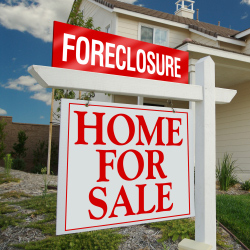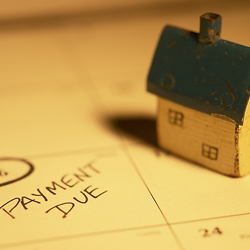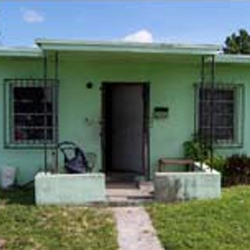You may be one of the millions of people considering the idea of investing in land, and now you want to make sure that you’re making the right decision. Here are some of the reasons why you should make the jump into land investment.
Fixed Value
Why should you invest in land and not in, say, the Stock Market? One form of leverage you get when investing in land is the ‘fixed value’ that comes with this kind of asset. While the values of shares can start crashing in the stock market, and the value of your stock may take a dive, you have your land retained at its fixed (if not appreciating) value. Severe crashes in land and property value are quite rare. While there may be some fluctuations depending on the economy and other factors, land over the long term is a stable investment in comparison to other investment types.
A Tangible Investment
While banks are experiencing credit problems and paper value is at serious risk, you have your physical investment intact. If anything, it’s always great to have an asset that you can actually see, visit and walk on. The security you get from a physical investment is simply incomparable.
Greater Long-Term Returns
With the heavy investment in land currently rising from the unstable financial markets, you can expect a shortage in this valuable asset in the future. Hence, you can anticipate the value of land properties to undergo rapid appreciation. As the banking sector weakens, investing in property becomes a wiser option.
Low Risk
Historically, the value of land has always gone through an upward trend. This is mainly due to the fact that there is a finite amount of land. With the growing world population putting this piece of asset in increasing demand, the chances of losing your money with your investment are slim.
Leverage
One advantage with investing in land is that you get to negotiate its price. With the right negotiating skills, you can bargain with the buying price. This is especially true if you are dealing with a seller who is highly motivated in selling the piece of land, or who needs cash right away.
High Return on Investment
If you have the right bargaining skills, you can purchase pieces of land at a low price and sell them later, at a much higher price. You may also develop the land and increase your asset’s value as much as a hundredfold. You have heard about self-made billionaires who made it big because of real estate. This is one of the ways they make those billions.
Easy-to-Understand Investment
You may already have heard about accounting scandals involving the Stock Market and other such investments. You should not encounter this kind of complication with land investing. You can usually get a good picture of why property prices change, and at what rate.
Ownership
It goes without saying that there’s an invaluable sense of pride that comes with the idea of ‘ownership’, and this is the peace of mind you get from investing in land.
Practical Use
You can use your piece of land in a number of practical ways. You can develop the land, harvest the resources, rent it, use it as a campground, subdivide it, build a home or business, there’s endless possibilities.
There is so much to gain and practically nothing to lose when investing in land. When all else fails, or when other modes of investment go shaky, land investment offers solid investment ground.
Find training, information and articles on land investing and learn how to profit with land at ProfitWithLand.com, your #1 source for learning about land investment.
Article Source: http://EzineArticles.com/?expert=Lydia_Quinn












